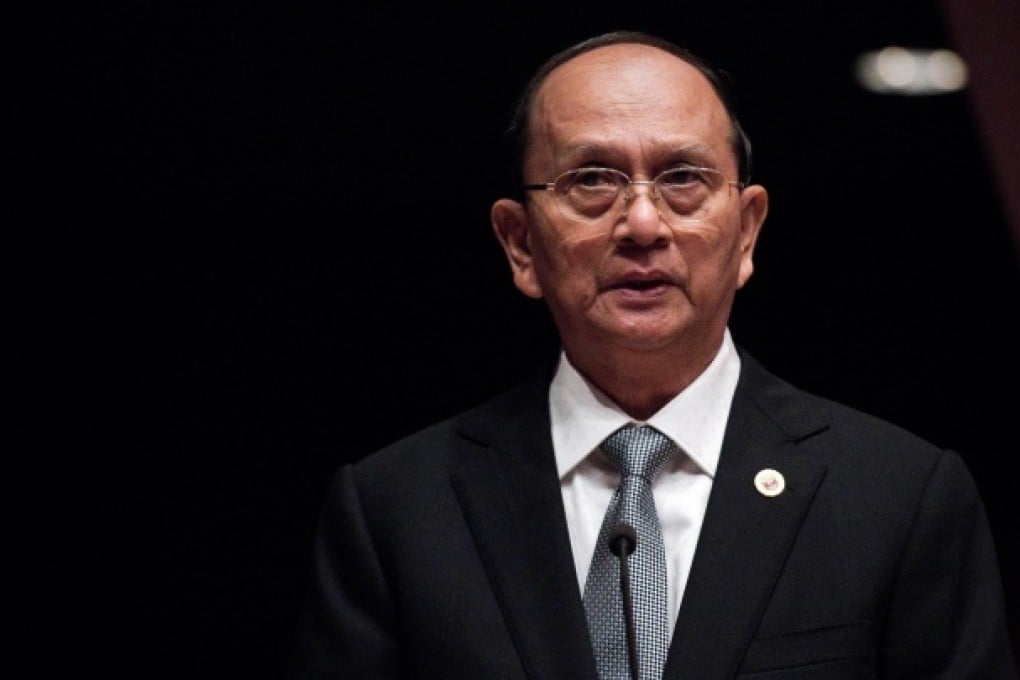Human rights issues niggle as US firms eye Myanmar
But political uncertainties and government's handling of anti-Muslim violence are bugbears

T-shirts bearing images of President Barack Obama and Aung San Suu Kyi, the Burmese pro-democracy leader, hang side by side in the shops just off busy Kabar Aye Pagoda Road in Yangon. It is a reminder of the history made in November when Obama became the first sitting United States president to set foot in Myanmar, the country formerly known as Burma.
A return trip to this former pariah state does not seem to be on Obama's immediate itinerary. But US firms are on their way.
For the first time…you’re starting to see American brands [in Myanmar]
Google chairman Eric Schmidt visited in March, and Ford announced its entry into the chaotic local car scene at an April event with the US ambassador. Hilton is building a hotel across from the golden Sule Pagoda, and Colonel Sanders is not far behind, as Yum Brands' KFC posts job ads in local newspapers.
It is just one element of the surprisingly rapid expansion of economic, political and even military ties between the US and Myanmar in recent months after more than two decades of estrangement.
The thaw will be on display again when Myanmar's president, Thein Sein, visits the White House today - the kind of event that would have been unimaginable even a year ago. The former general, who took power in a transition to civilian government in 2011 and has ushered in a wave of political and economic reforms, is also slated to be the featured guest at a US Chamber of Commerce event.
Taking their cues from the administration, many US-based firms are looking to make up for lost time in Southeast Asia's last untapped market, where rivals including China have already moved in.
Yet the US-Myanmar relationship remains fraught with awkward complications - including the fate of remaining political prisoners and US concerns about the Myanmar government's handling of recent anti-Muslim violence, which has re-emerged after being suppressed during decades of rule by the former military regime.